Good to know about essential oils
Posted on December 07 2016,

All essential oils should be used with caution. Given that it takes great amounts of a particular plant to make small amounts of an essential oil, the chemical compounds of that plant are heavily concentrated in their respective oils and can be very dangerous. So, great care must be taken not to injure oneself when using any essential oil. Your health is your responsibility. This means you should consult with various health care professionals, such as a physician, herbalist or aromatherapist about your health and the particular essential oil you desire to utilize. In short, the two most important watchwords when using essential oils are “research” and “responsibility”.
Applying essential oils to your skin
Our skin is a very sensitive organ that covers our whole body. Some parts of the skin are thicker than other parts. This means great care must be taken when applying essential oils to our skin. And the way most oils must be applied to the skin is in a diluted form. The ratio of dilution is different for each essential oil. Typically, essential oils should be mixed with another oil which is sometimes referred to as a “carrier oil” so that they are applied safely. These carrier oils act to dilute the oil so that its concentrated nature does not harm or damage the skin or other parts of the body.
A good way of measuring a safe dilution ratio for most essential oils is the essential oil should be between three and five percent of the carrier oil, or three to five drops of your essential oil of choice in a teaspoon of carrier oil. Two safe choices for carrier oils would be coconut and almond oils. Again, your health is your responsibility, so please consult with your health care professional.
Using essential oils on the skin in unsafe amounts can cause irritation or allergic and other reactions. They may also cause the skin to become more sensitive, which can lead to burns when exposed to the sun. Typically, citrus oils have this effect. These oils are: bergamot, grapefruit, lemon, lime and orange. However, some oils like chamomile, rose and lavender are safe in their undiluted forms.
Taking Essential Oils Internally
The skin is our bodies’ protective outer layer. So if caution must be taken on the outside, it stands to reason that using essential oils inside our bodies requires us being even more educated about the risks, dangers and effects essential oils can have inside our bodies.
Although various internet-based essential oil sellers make claims about an essential oil’s anti-fungal, antiviral and antibacterial natures, the reality is that not much is really known about specifically how each essential oil affects our internal organs. And since what affects our intestines tends to affect other parts of our bodies, research and responsibility must be foremost in our minds before ingesting essential oils. Consulting a health care professional before taking essential oils internally cannot be stressed enough. And, if the effectiveness of some essential oils is currently being compared to antibiotics, we should stop to consider that we would not take antibiotics regularly or as preventive medicine.
And pregnant or nursing women should definitely not ingest essential oils without first consulting a health care professional. If essential oils used internally in an unsafe and incorrect manner can potentially harm our internal organs, it is easy to imagine what effect they could have on the growing life inside our body or that of our wife or significant other. And this does not include the possibility of essential oils causing a hormone imbalance, which has recently been suggested.
Some essential oils are safe during pregnancy and some are safe at a certain time in one’s pregnancy. And there are some essential oils that should never be used. They are: Aniseed, Angelica, Basil, Black pepper, Camphor, Cinnamon, Chamomile, Clary Sage (often used during labor by midwives safely), clove, fennel, fir, ginger, horseradish (should not be used by anyone), Jasmine, Juniper, Marjoram, Mustard, Mugwart (should not be used by anyone), Myrrh, Nutmeg, Oregano, Peppermint, Rosemary, Sage, Thyme, Wintergreen.
Children and Babies and Essential Oils
Again, consult with a health care professional especially before using any essential oil on your baby or child. There are reports that some essential oils can and have caused some children to experience seizures. So, again, consult with a health care professional before using any essential oil on your baby or child. Some essential oils like lemon, orange, lavender, chamomile and frankincense, if diluted, may be safe for use on the skin of your child, but only a health care professional should determine the amount of dilution.
Peppermint has been known to slow and even stop the breathing of children and babies because they contain menthol and are high in 1,8 cineole. Other oils that should be kept away from children and babies are eucalyptus, rosemary and wintergreen. These oils should not be used around children and babies even for scent and aromatherapy purposes.
Many studies are available on this topic. Here are two: this article from a naturopathic pediatrician explains more and gives some case studies, and, article from the University of Minnesota.
No Need to Fear Essential Oils
Because many essential oils can eat through plastic even in a diluted state, essential oils should only be stored in dark, glass bottles to prevent light from changing their chemical compounds.
Although the focus of this piece was on the dangerous side of essential oils, the fear factor was meant to be lessened by the two watchwords mentioned earlier of “research” and “responsibility”. You should not fear essential oils any more than you would any other tool, but you should respect essential oils for their healing properties and the unhealthy effect they can have when used incorrectly.
The different types of Chamomile essential oils and their benefits
“Though the chamomile, the more it is trodden on, the faster it grows, so youth, the more it is wasted, the sooner it wears.” -William Shakespeare, Henry IV. The...
Read More7 Benefits and Uses of Monarda Essential Oil
Introduction Monarda (Monarda fistulosa) essential oil is a steam distilled, colorless oil widely cultivated in the United States, Cananda and France. Besides being referred to as Monarda you may also...
Read More7 Superb Benefits and Uses of Wild Verbena Essential Oil
Holding exceptional medical properties, including soothing skin irritation and rectifying diverse congestion challenges, Wild Verbena essential oil is a native South African resource that features unparalleled health advantages. Wild Verbena...
Read MoreThe different types of Lavender Essential Oils and Their Benefits
Lavender is one of the most well-known and well-loved essential oils out there, and for good reason. Lavender essential oil has a multitude of applications and is helpful for the...
Read More

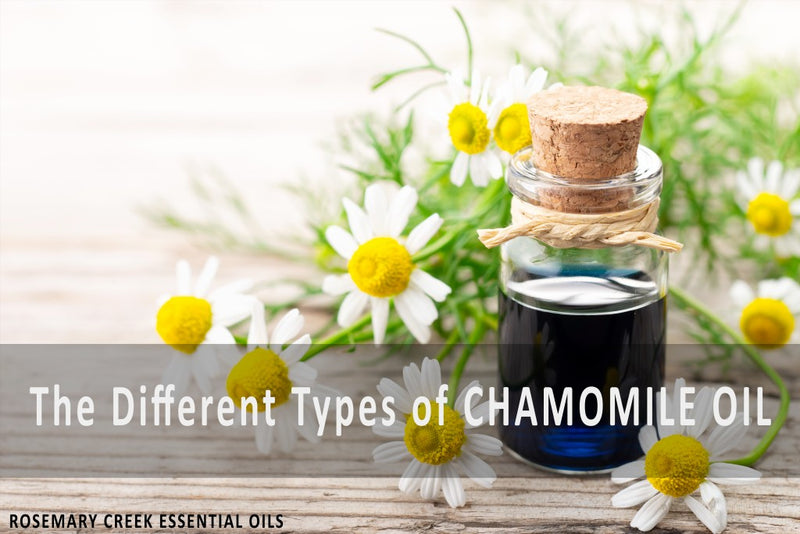
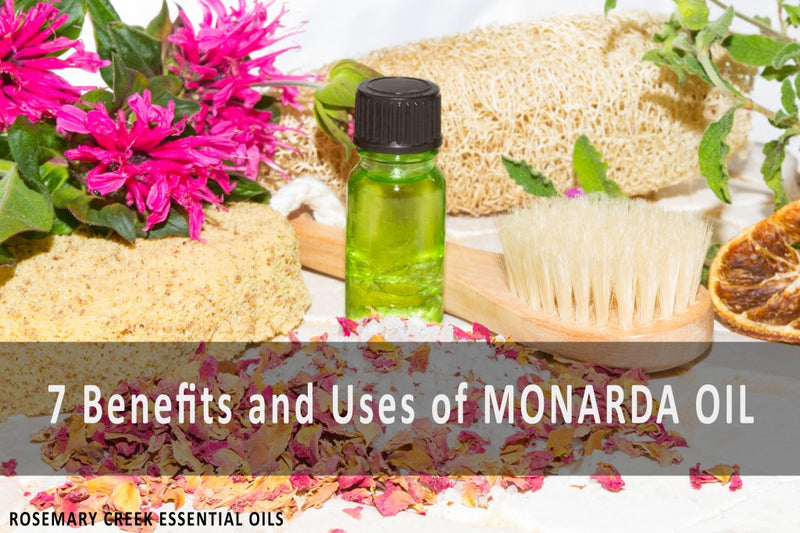
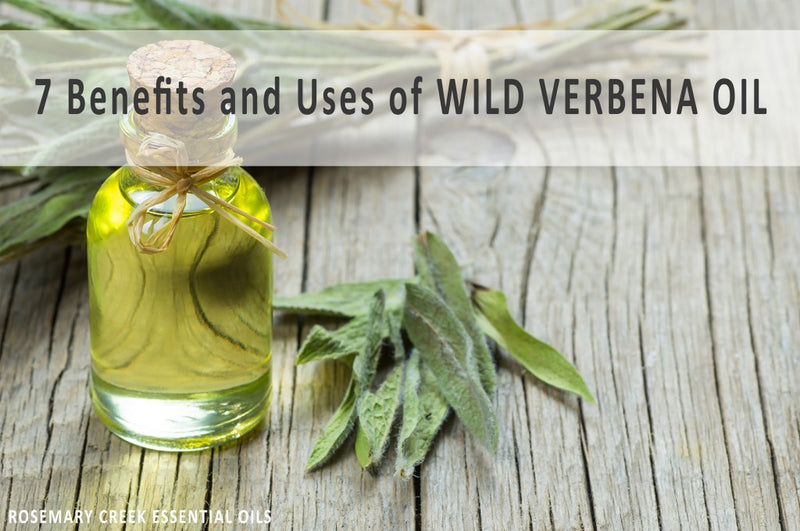
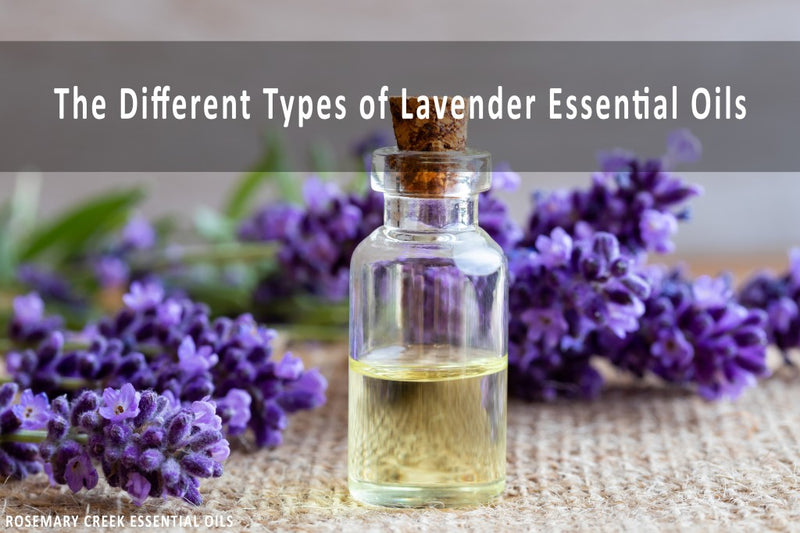
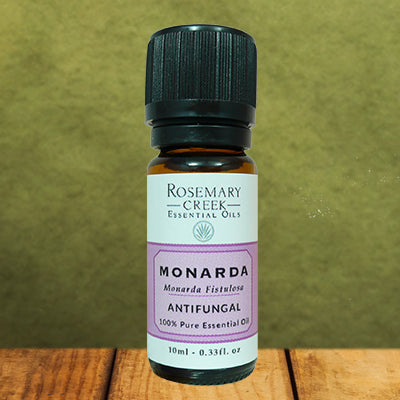
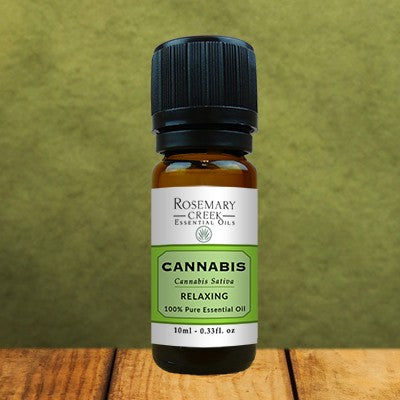
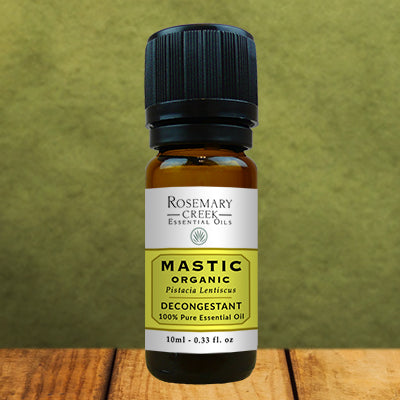
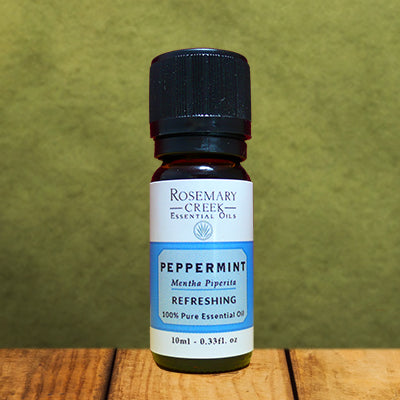
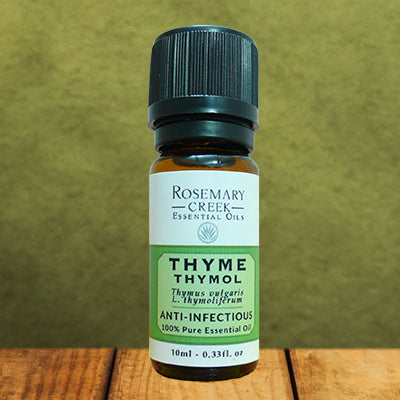
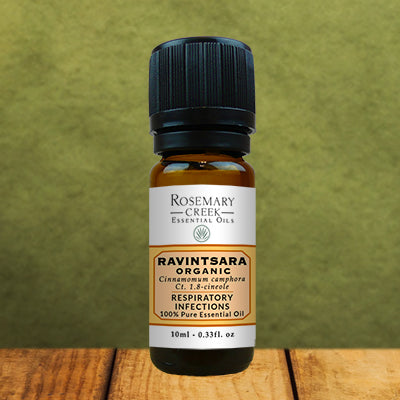
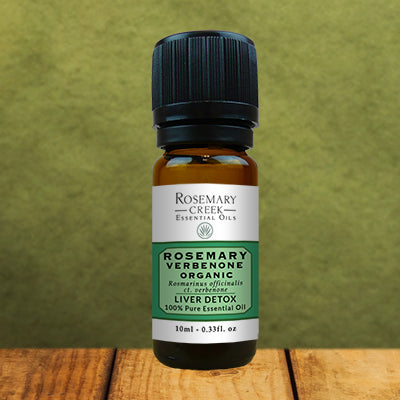
0 comments